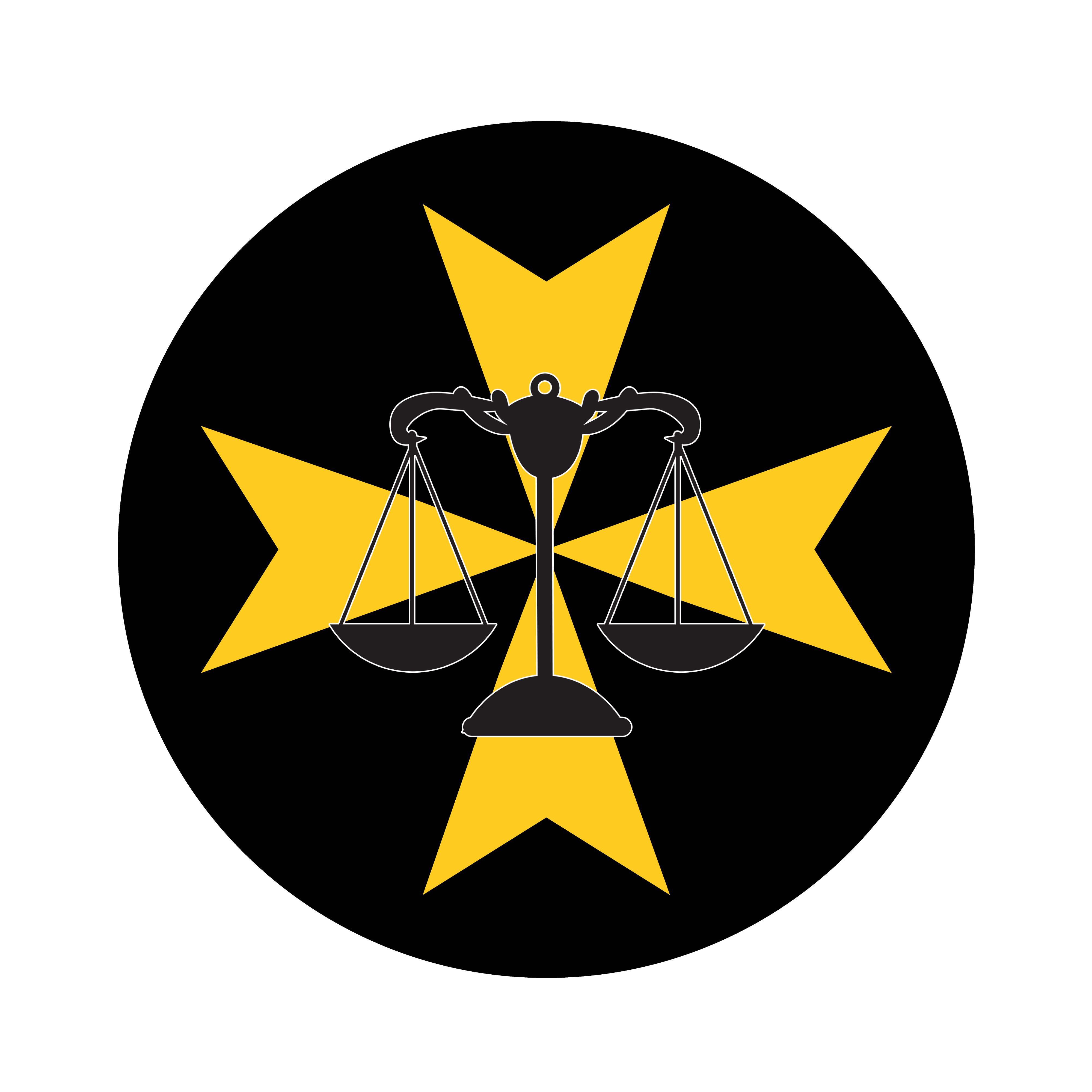Judges
Judges sit in the Superior Courts. Judges are appointed by the President of Malta acting on the recommendation of the advice of the Judicial Appointments Committee established by Article 96A of the Constitution.
As from 2016, a Judicial Appointments Committee was set up to receive and examine expressions of interest from persons interested to be appointed as Judges or Magistrates and, back then, gave advice to the Prime Minister through the Minister responsible for Justice about the eligibility and merit of candidates it would have evaluated and interviewed.
The Prime Minister was obliged to consult with the Judicial Appointments Committee prior to appointing a Judge or Magistrate.
As from 2020, the duties of the Judicial Appointments Committee were amended, wherein, whilst retaining the functions mentioned above, should a vacancy in any office occur, the Committee shall send to the President of Malta the names of three candidates it considers most suitable along with a detailed report on the suitability and merit of these three candidates.
The President of Malta will then be entitled to elect a Judge or Magistrate exclusively from the names of the three candidates transmitted by the Committee.
The Judicial Appointments Committee, as per Article 96A of the Constitution, is composed of the Chief Justice, two Judges elected by their peers for a period of four years, a Magistrate elected by his or her peers for a period of four years, the Commissioner for Administrative Investigations (Ombudsman) and the President of the Chamber of Advocates.
Judges enjoy security of tenure, which means that a Judge can only be removed from office for proved misbehaviour or proved inability to perform the functions of his office. The removal is effected by the President of Malta upon the advice of the Commission for the Administration of Justice, whose advice is subject to appeal before the Constitutional Court, in accordance with Article 101C of the Constitution.
Before any decision for removal is taken by the Commission for the Administration of Justice, the issue must be dealt with by the Committee for Judges and Magistrates, which is there to exercise discipline on Judges and Magistrates. Disciplinary proceedings shall commence upon a complaint in writing by the Chief Justice or the Minister responsible for Justice. The Committee will refer the complaint to the Judge or Magistrate who will have time to reply. If, following prima facie consideration, there are no sufficient grounds to commence disciplinary action, it shall refrain from considering further the case. If, however, there are sufficient grounds, the Committee shall appoint a date for hearing, where an advocate will be appointed to act as a special independent prosecutor, witnesses may be produced and the Judge or Magistrate may attend and be duly assisted by an advocate or legal procurator.
- If the Committee finds that there has been a breach of the Code of Ethics, it has three scenarios which it may proceed with:
- If the breach is of a minor nature, it may either issue a warning or impose a pecuniary penalty equivalent to one tenth of the annual salary of the Judge or Magistrate;
- If the breach is of a serious nature, it may suspend the Judge or Magistrate from the exercise of his duties for up to six months upon half pay;
if the breach is of such serious nature as to merit the removal of the Judge or Magistrate, or is based on the grounds of incapacity, bodily or mentally, to perform his or her duties, then it shall report its findings to the Commission for the Administration of Justice, which will then proceed to suspend the Judge or Magistrate and hear the case. for his or her removal.
- His Honour The Chief Justice Mark Chetcuti
- The Hon. Mr Justice Giannino Caruana Demajo (Senior Administrative Judge)
- The Hon. Mr Justice Joseph R. Micallef
- The Hon. Madam Justice Abigail Lofaro ** (President of the Family Section of the Civil Court)
- The Hon. Madam Justice Anna Felice ** (President of the General Jurisdiction Section of the Civil Court)
- The Hon. Mr Justice Anthony Ellul
- The Hon. Madam Justice Jacqueline Padovani Grima
- The Hon. Mr Justice Robert Mangion
- The Hon. Madam Justice Lorraine Schembri Orland (Judge elect in respect of Malta to the European Court of Human Rights)
- The Hon. Madam Justice Edwina Grima
- The Hon. Mr Justice Lawrence Mintoff
- The Hon. Madam Justice Miriam Hayman
- The Hon. Mr Justice Giovanni Grixti
- The Hon. Mr Justice Toni Abela
- The Hon. Mr Justice Anthony Vella
- The Hon. Madam Justice Consuelo Scerri Herrera
- The Hon. Mr Justice Grazio Mercieca
- The Hon. Mr Justice Francesco Depasquale (President, Association of the Maltese Judiciary and President of Cepej)
- The Hon. Madam Justice Joanne Vella Cuschieri (Vice-Chairman, Judicial Studies Committee)
- The Hon. Mr Justice Aaron Bugeja
- The Hon. Madam Justice Audrey Demicoli
- The Hon Mr Justice Neville Camilleri (Malta’s representative on the European Network of Councils for the Judiciary (ENCJ))
- The Hon Mr Justice Ian Spiteri Bailey (Malta’s representative at The European Union Intellectual Property Office (EUIPO) Judges Network)
- The Hon Mr Justice Christian Falzon Scerri
- The Hon Madam Justice Doreen Clarke
- The Hon Madam Justice Josette Demicoli
- The Hon Madam Justice Natasha Galea Sciberras
- The Hon Mr Justice Henri Mizzi
- The Hon Mr Justice Mark Simiana

